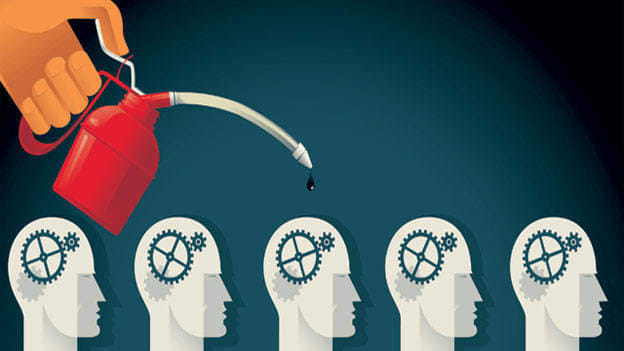Taiwanese firms lack future-ready skills, rushing to invest in upskilling - Mercer report

In Taiwan, seven in ten companies are in the process of increasing their investments for the upskilling and reskilling of their workforce in 2021. The reason behind this decision, according to Mercer’s 2021 Global Talents Trends survey, is that more than half (52%) of Taiwanese organisations noted that there is a conspicuous dearth of workforce capabilities and future skills which created obstructions in business progress and transformation. Hence, there is an urgent need to improve and advance the skills agenda.
The survey found that 68% of the respondents were more inclined towards targeted reskilling and upskilling of critical talent pools. This measure will propel two motives: to make the organisational setup more agile and efficient and provide learning and growth opportunities to the employees. In a bid to ramp up learning and skill acquisition, 40% of the organisations have improved or made plans to improve their HR analytics.
Jeannie Liu, Career Business Leader, Taiwan, Mercer said that progress in this area will be critical for reinvention in 2021 as employees need to see that learning new skills leads to tangible rewards, recognition, or promotion.
She added, “Our research underscores the value of viewing work and people through a skills lens. COVID-19 has shown that the ability to find talent quickly, move talent to where it’s needed most, and make critical talent decisions is key to keep businesses running during these uncertain times. And companies in Taiwan are responding by making internal talent pools more shareable and relooking at workforce flexibility.”
Companies in Taiwan are also employing data analytics to evaluate or assess talent based on their holistic skill set (including adjacent skills across industries). 60% are currently structuring a plan to improve the employee listening and engagement channels to make the process even smoother.
Ms Liu said, “Organisations are struggling to understand the skill gaps in their current workforce. Two in five HR professionals globally shared that they do not know what skills they have in their own organisations. By building a better understanding of the skills they have and need, companies can connect talent to the work more efficiently to meet the needs of the changing business landscape.”
Other Important Findings of the Mercer Survey
A positive development is that 72% of HR leaders in Taiwan said that their companies have accelerated or maintained the same speed of work on ESG even in the midst of the COVID-19 crisis. The most important activities in this domain are tying and aligning ESG goals to a company’s purpose and keeping its visibility alive in front of the employees (72%) and ensuring all the obligations for ESG metrics (51%) have been shared by the executives. When the question of what skills are critical for future resiliency was posed to the Taiwanese organisations, 63% of them said they consider a growth mindset is critical for success, with 55% placing digital dexterity as a core skill in the era of digitalisation.
















